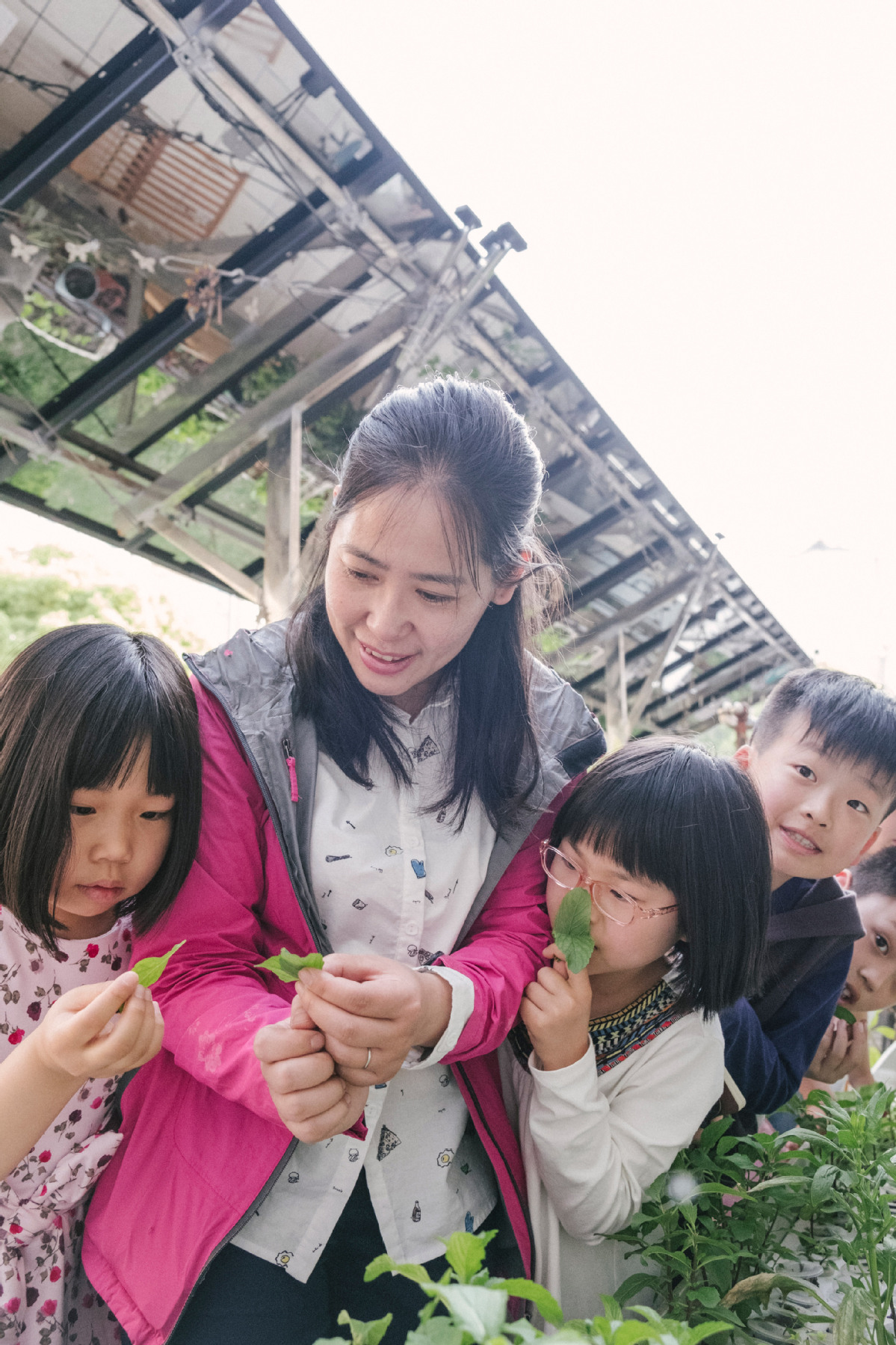Low-carbon lifestyles given huge push


Cycling to work
Since 2016, Yang Xinmiao, deputy director of Tsinghua University's Institute of Transportation Engineering, has been commuting by bicycle to promote a low-carbon lifestyle.
Like many of his colleagues, Yang used to drive to work despite only living about 1 kilometer from the campus in Beijing.
This changed in 2016, when a student chose to wear a face mask all the time due to concerns about poor air quality.
Yang decided to cycle after the student criticized him for driving to work, describing this practice as environmentally unfriendly. His determination to take to two wheels increased after he was recommended a power-assisted bicycle.
Half of Yang's colleagues, who number in their thousands, have also decided to cycle to work.
Cycling has become increasingly popular since Yang persuaded the university management and authorities in Haidian district, where the institution is located, to set up a bike lane between the university and the residential block where many Tsinghua teachers live.
In 2017, with the help of a friend from the Jiusan Society, one of China's non-communist parties, Yang submitted a proposal to promote power-assisted cycling to the country top political advisory body, the Chinese People's Political Consultative Conference.
Last year, he also managed to have another proposal submitted to the body's Beijing committee, in which he suggested improving the capital's cycling infrastructure.
His proposals received a positive response. In September, the Beijing Municipal Commission of Transport promised to introduce a series of measures to promote commuting by bicycle, including exploring the possibility of setting up cycle lanes along the city's waterways.
Yang recently collaborated with the Chinese University Cycling Association. With his help, a member of the association from Peking University drafted a plan for a cycle lane network in Taiyuan, capital of Shanxi province. The pair, together with a local NGO, plan to lobby authorities in the city to implement the plan.
"Generally, the situation is good. ... Things are proceeding quicker than I imagined," Yang said of his efforts to promote cycling.
Meanwhile, Zhang Jiaxuan, 22, a graduate of Tsinghua University's environmental school, has been doing everything she can to lead and promote a low-carbon lifestyle. Her efforts include taking public transportation and avoiding the use of air conditioners as much as possible.
Zhang's enthusiasm for climate-related issues resulted in her being elected head of the Global Alliance of Universities on Climate youth delegation to the 2019 UN Climate Change Conference in Madrid, the Spanish capital.
Launched that year, the alliance's aims are to increase cooperation on climate-related issues, foster greater engagement with climate stakeholders, and promote environmental practices by universities, in line with the UN Sustainable Development Goals and conventions on climate change.
In discussions with climate-change followers at home and abroad, Zhang has found that while high-profile campaigns on the issue are being promoted in the West, climate change is being tackled in a low-key manner in China and other Asian nations.
"Despite having done a lot of work, we don't talk about it that much. Many of us are just concentrating on doing things silently in our own way," she said.
- China's CR450: A new era of high-speed rail at 400 km/h
- TAN SUO SAN HAO to pioneer future of deep-sea exploration
- Xi's discourses on Chinese modernization published in Japanese
- Officials summoned over alleged garbage bin food served to students
- Caring hearts help to enhance quality special education
- Xi sends condolences to South Korean acting president over plane crash




































